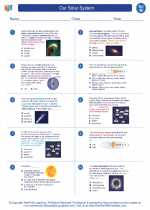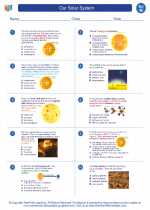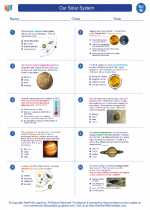Nucleus
The nucleus is a membrane-bound organelle found in eukaryotic cells. It is often referred to as the control center of the cell because it contains the cell's genetic material and is responsible for regulating the cell's activities.
Structure of the Nucleus
The nucleus is typically spherical or oval in shape and is surrounded by a double membrane called the nuclear envelope. Pores in the nuclear envelope allow for the exchange of materials between the nucleus and the cytoplasm. The nucleus also contains nucleoli, which are involved in the production of ribosomes, and chromatin, which consists of DNA and protein and is the material that makes up chromosomes.
Functions of the Nucleus
The nucleus performs several important functions, including:
- Genetic Control: The nucleus contains the cell's genetic material in the form of DNA, which provides the instructions for the cell's functions and activities.
- Cellular Reproduction: The nucleus is involved in the process of cell division, including the replication and distribution of the genetic material to daughter cells.
- Ribosome Production: Nucleoli within the nucleus are responsible for producing ribosomal RNA (rRNA) and assembling ribosomal subunits, which are essential for protein synthesis.
- Regulation of Gene Expression: The nucleus regulates the expression of genes by controlling the transcription of DNA into RNA, which then directs the synthesis of specific proteins.
Study Guide
To study the nucleus, you can focus on the following key points:
- Describe the structure of the nucleus, including its membrane, nucleoli, and chromatin.
- Explain the functions of the nucleus, such as genetic control, cellular reproduction, ribosome production, and gene expression regulation.
- Understand the role of the nucleus in cell division and the transmission of genetic information to daughter cells.
- Explore how the nucleus contributes to the overall organization and regulation of cellular activities.
By understanding the structure and functions of the nucleus, you can gain insight into the fundamental processes that govern the behavior of eukaryotic cells.
.◂Science Worksheets and Study Guides Eighth Grade. Our Solar System

 Worksheet/Answer key
Worksheet/Answer key
 Worksheet/Answer key
Worksheet/Answer key
